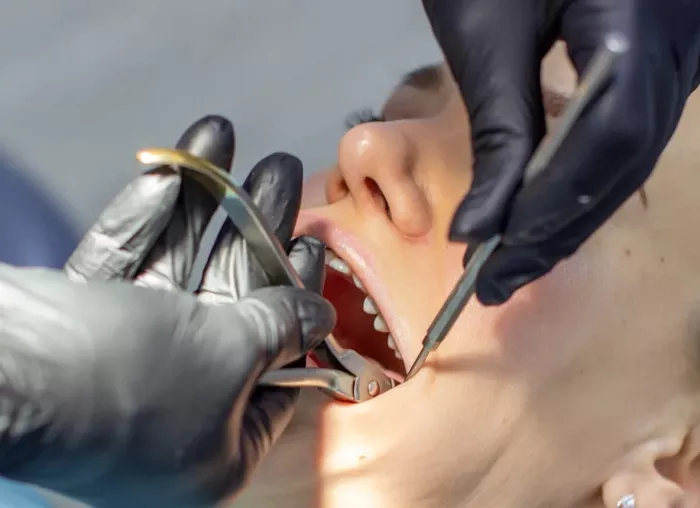A woman endured excruciating pain during the extraction of a wisdom tooth as the dentist ignored her distress, continuing the procedure despite her thrashing and crying out in agony.
The painful experience resulted in nerve damage that took months to heal. The dentist later admitted that the patient had a “terrible experience” during the procedure, which he described as a “highly difficult extraction on a nervous patient.” Despite the struggles faced by both the patient and the dentist, the Health and Disability Commissioner (HDC) found that the dentist failed to meet health consumer rights, breaching the woman’s rights by not properly explaining the force required for the procedure or discussing the potential risks, such as nerve damage.
Although the dentist believed he had informed the patient about the procedure, he did not document any details in his notes. Deputy Health and Disability Commissioner Vanessa Caldwell, in her decision released today, revealed that a further breach occurred because the dentist’s skill fell below the expected standard.
The dentist, who was a subcontractor at the dental practice at the time, has since retired and requested removal from the Dental Council register.
The patient had initially visited a university dental practice for treatment of an infected, impacted wisdom tooth. She was prescribed antibiotics and told that the tooth needed to be extracted. In search of immediate relief, she sought an emergency appointment at another dental practice due to the pain and distress she was experiencing.
She emailed her dental X-rays from the university practice ahead of the extraction but did not receive any information about the procedure beforehand. No consent forms were signed, and no discussion regarding the potential risks or side effects of the extraction occurred.
The dental surgeon admitted that, although he would typically assess the patient prior to the procedure, he felt under pressure to relieve her pain and distress. Despite receiving three numbing injections, the woman described the procedure as agonizing. She said she “thrashed out in pain many times,” but the dentist continued the extraction without addressing her discomfort.
The dentist later explained that the extraction required more force than anticipated, as he needed to remove more bone than originally expected.
Following the procedure, the patient received no aftercare instructions or safety-netting advice. Instead, she suffered ongoing pain, numbness in her tongue, and inflammation at the extraction site. When she raised concerns with the practice, she was given pain medication and later antibiotics, although she was not informed of the purpose of the antibiotics.
The woman was also provided with treatment for a potential “dry socket” but was not properly instructed on how to use the treatment or what to expect. Dry socket, a painful condition that can arise after tooth extraction, occurs when a blood clot dislodges or fails to form, leaving the wound exposed.
Eventually, the woman requested a copy of her dental records and was told by the practice owner that she had suffered nerve damage, which would take months to heal. Subsequent investigations revealed possible lingual nerve damage, and the patient’s wound required debridement (removal of bone debris). She was referred to an oral and maxillofacial surgeon for further analysis and treatment.
In response to the complaint, the dentist filed an ACC claim for nerve injury, refunded the woman’s fees, and issued a written apology.
Caldwell expressed satisfaction that the dental practice accepted the findings of an independent adviser’s report and agreed to implement recommendations for improving practices, including continued education on informed consent, full consultations, and thorough note-taking for all staff. The Commissioner also recommended that if the dentist returns to practice, he should familiarize himself with the clinical techniques for wisdom tooth removal, the complications of nerve damage, and the necessary postoperative care.
Related topics

